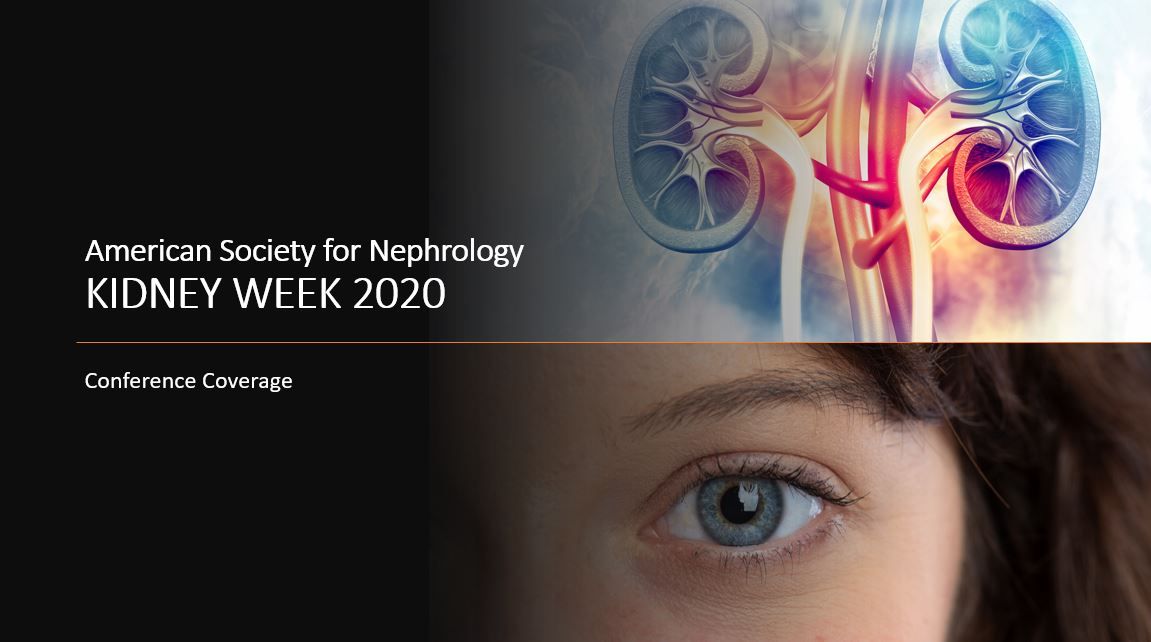Article
Belimumab Improves Renal Outcomes in Lupus Nephritis
Anti-inflammatory and immunosuppressive agents are the two primary classes of drugs used to treat lupus nephritis. Now, a new study shows that the addition of the monoclonal antibody belimumab to standard therapy may make a meaningful difference in this hard-to-treat patient population.
(©CrystalLight,AdobeStock), (©AlessandroGrandini,AdobeStock)

In a study that examined the safety and effectiveness of the lupus treatment belimumab for active lupus nephritis, the treatment, along with standard therapy, significantly improved renal responses with no new safety signals, according to researchers reporting at the American Society for Nephrology/Kidney Week annual meeting which wrapped this week.
The study, which was originally published in the New England Journal of Medicine on Sept. 17, was a 104-week long clinical trial led by nephrologist Brad H. Rovin, M.D. of The Ohio State University. It included 448 adults with active lupus nephritis. The group was divided evenly among two treatment arms: one group was assigned to monthly infusions of belimumab 10 mg/kg plus standard therapy with high-dose corticosteroids (either cyclophosphamide or mycophenolate mofetil). The second group was assigned to a placebo, plus standard therapy.
Patients who received cyclophosphamide, received a follow-up treatment with azathioprine. Those who received mycophenolate mofetil proceeded to mycophenolate mofetil maintenance therapy.
PRIMARY ENDPOINTS
The primary endpoint in this study was Primary Efficacy Renal Response (a urine protein creatinine ratio (uPCR) of ≤0.7; estimated glomerular filtration rate (eGFR) of no more than 20 percent below pre-flare value or ≥60 ml/min/1.73m2; no rescue therapy) at week 104. Other endpoints were Complete Renal Response (of uPCR <0.5; eGFR no more than 10% below pre-flare value or ≥90 ml/min/1.73m2; no rescue therapy) at week 104.
By week 104, significantly more patients in the belimumab arm achieved the PERR primary end point and complete renal response as compared to placebo group (43.0% vs 32.3%, OR [95% CI] 1.6 [1.0, 2.3]; p=0.03) and (30.0% vs 19.7%, OR [95% CI] 1.7 [1.1, 2.7]; p=0.02), respectively. Patients in the treatment arm also had lower rates of death or having a renal event.
For patients who received cyclophosphamide/azathioprine, the response rates were 33.9 percent with belimumab as compared to 27.1 percent for patients in the placebo group at week 104.
And, for patients who were being treated with the immunosuppressant agent mycophenolate mofetil, those who received belimumab had a 46.3 percent response rate as compared to patients who received placebo who had a 34.1 percent response rate.
Belimumab was shown to reduce the risk of renal event or death on background cyclophosphamide/azathioprine (HR [95% CI] 0.5 [0.2, 1.0]) and mycophenolate mofetil (HR [95% CI] 0.5 [0.3, 0.8]) as compared to placebo.
Most patients experienced an adverse event, but only 25.9 percent of the treatment group had more than one serious adverse event.
_______________
REFERENCE
ABSTRACT: SU-OR34. “Belimumab (BEL) Improves Renal Outcomes in Active Lupus Nephritis (LN): A Phase 3 Randomized, Placebo (PBO)-Controlled Trial.” The American Society for Nephrology/Kidney Week annual meeting. Oct. 25, 2020.




